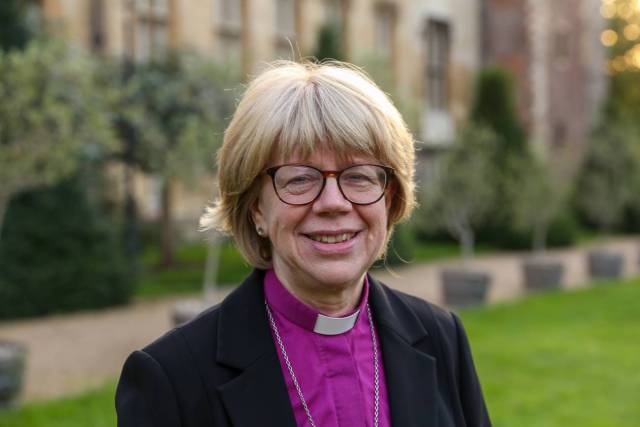Dame Sarah: Pioneering Archbishop of Canterbury

Introduction
Dame Sarah, who has recently made history as the first female Archbishop of Canterbury, is a significant figure in the Church of England. Her appointment not only marks a monumental moment for gender equality in religious leadership but also resonates with wider societal movements towards inclusivity and diversity. As the Archbishop, she plays a crucial role in shaping the future of the Anglican Communion and influencing the church’s relevance in contemporary society.
Background and Appointment
Chosen for her extensive experience and visionary leadership, Dame Sarah has worked within the ecclesiastical community for over three decades. Previously serving as the Bishop of London, she has been an advocate for social justice and equity, earning respect from both her peers and congregants alike. Her formal appointment came during a time of need for revitalisation within the church, as many congregations sought fresh perspectives to engage with modern challenges.
Impact on the Church
Since her induction, Dame Sarah has implemented several initiatives aimed at inclusivity, youth engagement, and mental health awareness within the church community. Her ‘Open Doors’ campaign encourages congregations to welcome individuals from all walks of life, regardless of their background or beliefs. Additionally, she has been vocal about the importance of mental health, advocating for support and understanding within church communities, thereby reducing stigma and fostering a more supportive environment.
Challenges Ahead
While Dame Sarah’s leadership has heralded a new era, she faces numerous challenges in preserving tradition while adapting to contemporary issues. The Anglican Church grapples with increased secularism and declining attendance, particularly among younger people. She is tasked with creating a balance between upholding core Christian values and connecting with a society that is rapidly evolving.
Conclusion
Dame Sarah’s position as the Archbishop of Canterbury is not just a personal achievement but a substantial shift for the Church of England and its followers. Her commitment to inclusivity, social justice, and mental health awareness positions her as a leader needed for today’s landscape. As she navigates through the complexities of faith in modern society, her role will undoubtedly influence both the church’s future and the wider cultural dialogue surrounding religion and community in the UK. The significance of her position extends beyond the church, symbolizing a broader acceptance and recognition of female leadership in all spheres of society.









